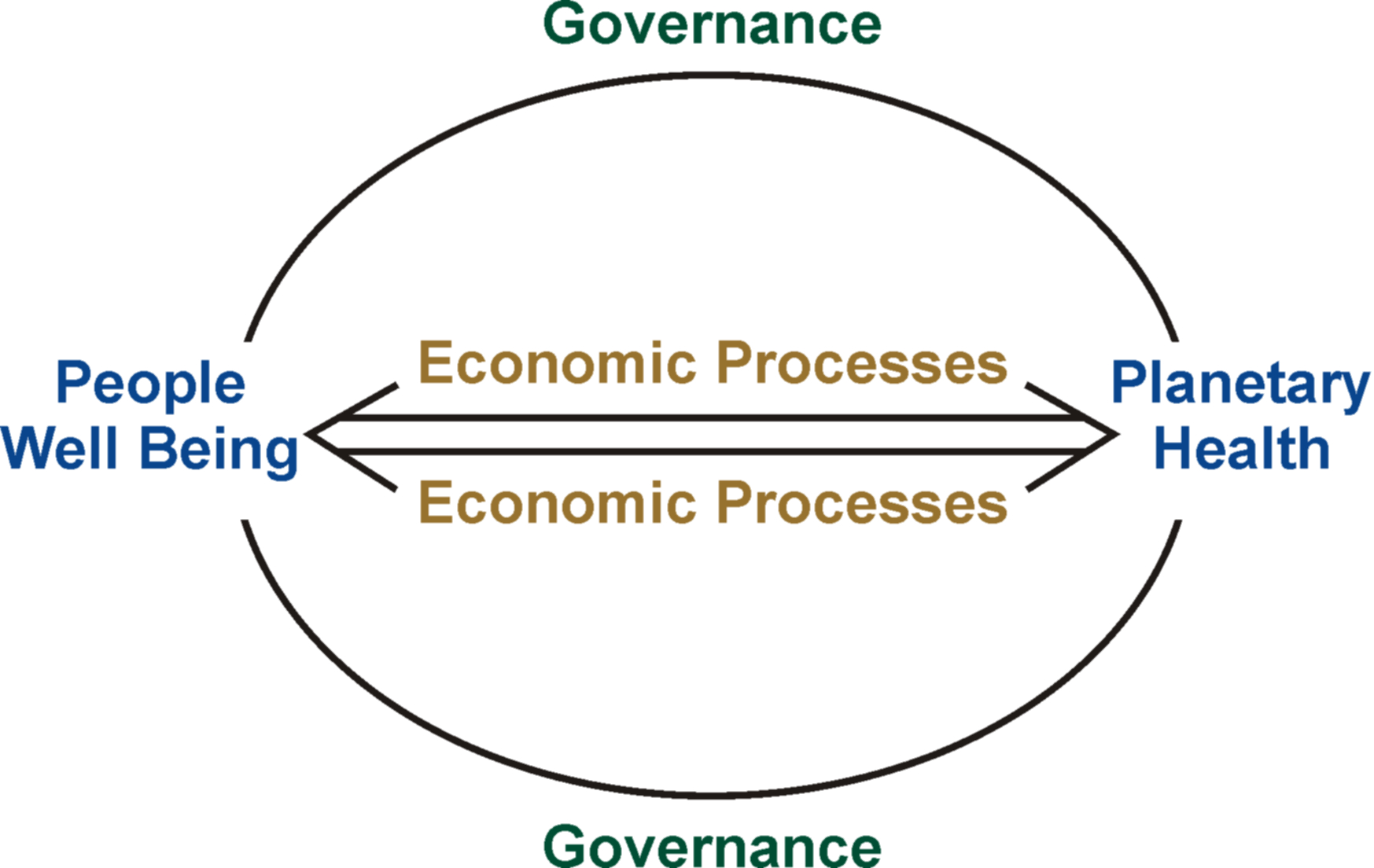|
A
Commitment for a Sustainable Future for All Welcome to 2014 W e in India begin this year on a positive note of increased citizen engagement with the processes of governance and development. If recent events on the social and political front are anything to go by, we observe an increasing trend of discourse and debate on the part of the common people on a wide range of issues that affect their lives. It is clear that this engagement has moved beyond debates to committed action. Even the disinterested middle class is participating in making this country a better place with their demand that their representatives in the government be held accountable.2014 is a year to move beyond the short term development action connected with electoral gains of the political parties and to commit to actions for a long term wellbeing of the people. It is a year of recognising that the wellbeing of our people is inextricably tied to the health of our natural environment, to the empowerment of our women and the poor and to the skills of our youth. At the global level the
engagement of all constituencies with the processes of A large issue in front of governments and policy makers is to integrate economic, social and environmental concerns within national and global policies and action programmes. In this regard, there is a greater appreciation of the subservience of economic processes to natural and human development. And, a just and transparent governance system that guides and regulates our decisions and actions has clearly emerged as a fourth pillar or a frame for sustainable development. A new school of thought is questioning the position of economic growth as an end in itself, and processes that create financial wealth for individuals and societies are being examined for their contribution to the greater social and environmental value being created. A myriad of studies on this subject are helping design new methodologies and frameworks to measure what really matters and thus guide our policies and actions towards a more resilient world. 2014 promises to be a year when we can collectively build a greater and shared understanding around the concept of real value for the human and natural eco-systems, inextricably linked as they are. The sense of urgency is clear. It is for us to take charge now, to design our decisions and resultant actions in favour of our development priorities, right production practices and lifestyles based on the sense of social justice, and to articulate our concern and commitment towards the goal of a Sustainable Future. q Zeenat Niazi
|
 designing "The
Future we Want" is evident in the host of national and global dialogues
over the last two years. A massive churning in the ocean of collective
thought is throwing up a new understanding regarding some very complex
issues that underlie sustainable well being of human and natural
systems.
designing "The
Future we Want" is evident in the host of national and global dialogues
over the last two years. A massive churning in the ocean of collective
thought is throwing up a new understanding regarding some very complex
issues that underlie sustainable well being of human and natural
systems.